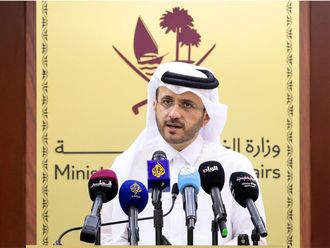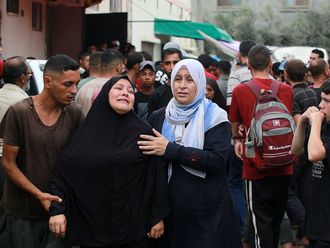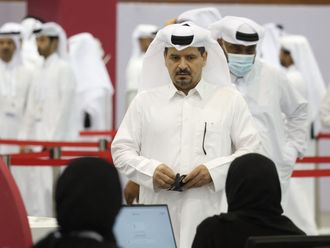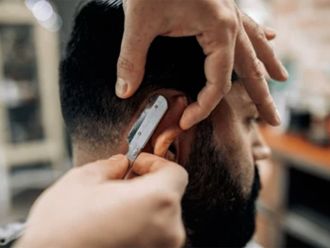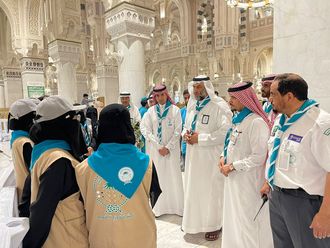Manama: Breast cancer is the most common cancer among women in Arab countries, a study indicates, and authorities are working to develop a campaign that would be the most effective and appropriate in encouraging more Arab women to safeguard their health.
"Arab women are at significant risk due to the lack of early diagnosis and treatment for this disease because they are often diagnosed at advanced stages of breast cancer," Dr Tam Truong Donnelly, Associate Professor in the Faculty of Nursing at Calgaru University in Qatar, said.
Dr Donnelly's comments were based on a three-year study of factors that influence breast cancer-screening practices among Arab women in Qatar. "What we want to determine is how Arab women view breast cancer screening," Dr Donnelly was quoted as saying in the Qatari daily, The Peninsula.
Screening and early detection can reduce breast cancer mortality by 35 to 30 per cent, doctors have said. However, the sparse data from Qatar and other countries in the Middle East has suggested that breast cancer-screening programmes and services are still to reach many, Dr Donnelly said.
"Intervention strategies should be comprehensive, culturally sensitive and appropriate for Arab women, and applicable to the social context of Qatar," she said.
Social factors
However, other studies have shown that education and positive attitudes toward screening were often integrated with traditional and religious beliefs. Addressing women's perceptions, knowledge, attitudes, and beliefs regarding breast cancer and screening, together with aspects of the health care system and socio-economic and social milieu, strongly influenced cancer-preventive practices, she said.
Karen Al Kharouf, an activist at Think Pink Qatar, said that Qatar's breast cancer awareness campaigns would maintain their momentum beyond October, the month that has in recent years come to be associated with cancer awareness campaigns. "Qatar is now getting into a massive awareness campaign in universities and schools. This will make the daughters talk to the mothers about the symptoms and the need of early diagnoses can cure," she said.
Several campaigns including workshops, lectures, walks, and pink hijab day, had been held to create more awareness among men and women about breast cancer, while social networks launched their own awareness campaigns.
"The US took 20 years to promote awareness about breast cancer. The Arab women do not talk in public about symptoms due to the cultural background. Other Gulf countries such as Kuwait, Bahrain and Jordan too have dynamic awareness programmes," Karen said.


